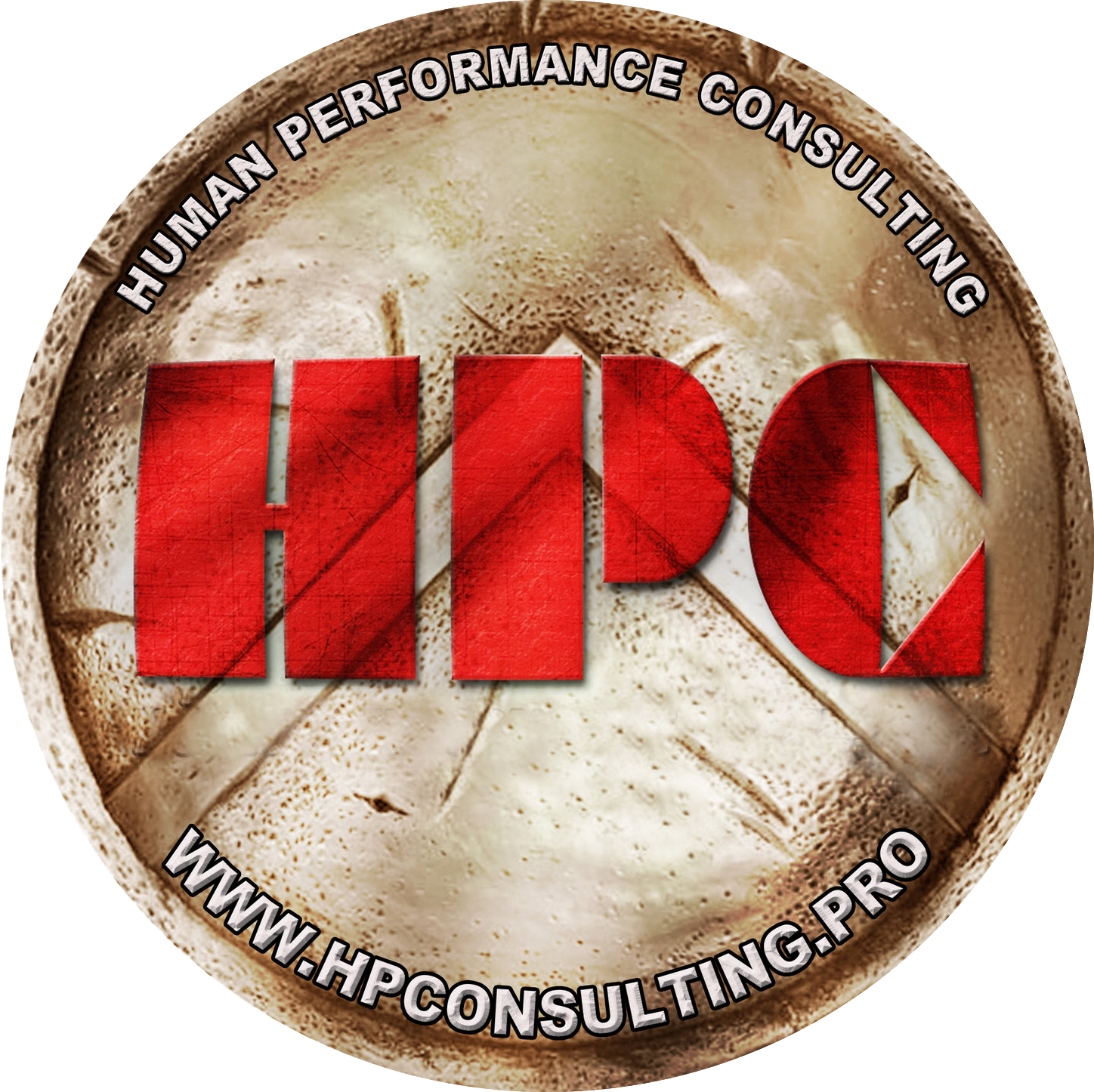Drink Up! Talk Less and Listen More
Have you ever said something and wanted to take the words you just said and put them back into your own head? Has anyone ever told you to listen more and talk less? Do you feel that sometimes your words fall on deaf ears? Chances are, if you answered yes to these questions, you may need to talk less and listen more.
My Flaw
This is more than some self-deprecating way for me to connect with you. I actually have a huge flaw of talking too much and not listening enough. It stems from the fact that my weakest pillar is Emotional Resilience, and I work on this pillar daily. In middle school, I got in trouble for speaking in class out of turn; my parents were informed, which made matters worse for me. I ended up spending the rest of the year not saying anything to anyone, while in class, unless I was called upon or I raised my hand. Not many people know about this monk like punishment that I imposed on myself, but it is true and I deserved it 100%. Perhaps I was trying to fit in and be part of the crowd? Doesn’t matter, I should have taken a cup of you know what.
Work/Life Balance
Perhaps you are a teacher or trainer like me. You spend your day talking to people and conveying your ideas and even orders. The key is to disconnect from your job when you get home or are around friends. Take a break. Listen more. Let others take charge and take a back seat. You will be OK, promise. It may feel uncomfortable to relinquish control, but try and do it. Your friends and family will thank you for it, and you will give your voice a break at the same time. Drink up.
You Can’t Talk and Listen at the Same Time
Drinking from the cup allows you to listen more. Talking and listening are impossible to do at the same time. People want to be heard. Listen to them without any thought of responding until they are done talking. This takes practice and empathy. Empathy is the key to leadership and to Emotional Resilience. Empathy is the cornerstone of listening and shutting up, because it puts the ball in the court of the person who is talking. Trying to think about a response before a person is done speaking to you is insulting and they will see you doing it. People are very tuned in to whether or not you are paying attention to them or not. Don’t underestimate the power of others to read you emotionally. Humans are programmed from thousands of years of evolution to read these signals, leave your arrogance at home on this one.
Sometime the Simple Things are Both Difficult Important To Implement
Why is talking less and listening more so difficult to implement? I am not sure, but I have my theories. Perhaps we are surrounded by technology that is constantly talking to us and we talk on. Think back to a couple of hundred years ago. Life was much quieter. Unless someone was standing in front of you, you did not hear them and you did not talk to them (unless you talked to yourself which it entirely possible). We are inundated with sounds and constantly sought after to communicate, even when we are “alone” doing an activity that we love to do. Most everyone carries a cell phone, whether you are in your car, hunting, paddling, or with your friends. Perhaps that is why it is do difficult to stop talking and listening? I am open to suggestions but the bottom line is that you will be happier if you listen more and talk less. You may even learn something new from individuals, simply because you are giving them a chance to truly communicate with you for the first time.
Assignment
Spend the week talking less and listening more. Make a conscious effort to count the number of times you are on transmit and the number of times you are on receive. Do you talk more than you listen? If so, reverse the trend and see how you feel this week. When someone talks to you, force yourself into a position of purely listening and not waiting to respond with your own words. That is going to be difficult, especially when you are in a situation where you need to get things done quickly. However, like my SEAL buddies used to say, “Slow is smooth and smooth is fast…so…slow is fast.” This applies to shooting just like it applies to interacting with humans. Rush things in communication and items are not transmitted, leading to misunderstandings and lost time. Remember that you are in control of drinking from the cup, so the next time you get the urge to talk, take a sip from the listening cup instead.
“Lean into it!”
Dr. N

